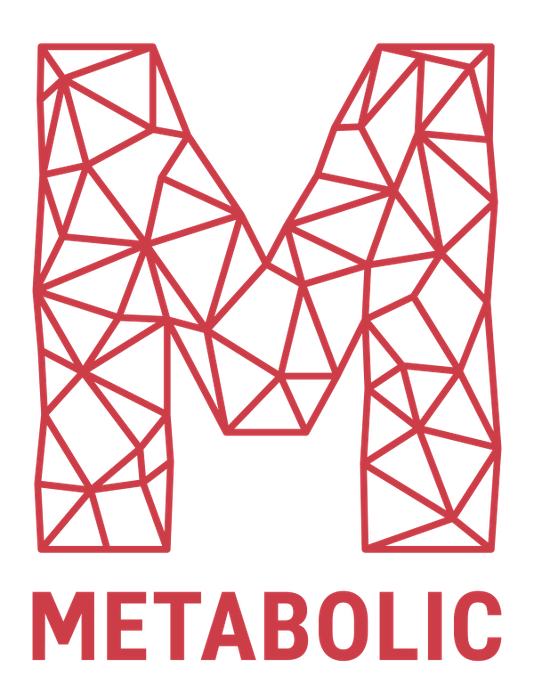Metabolic’s mission is to transition the global economy to a fundamentally sustainable - and circular - state. They advise governments, businesses, and NGOs on how to adapt to a fast-changing global context, while creating disruptive solutions that can dramatically shift how the economy functions. Combining systems thinking and data science, Metabolic maps and gains understanding of local and global systems to assess where to intervene for the biggest impact.
Headquartered in Amsterdam, Metabolic has three core areas of operation. The consulting arm has developed systems analyses and circular economy strategies for numerous global clients, including WWF, Danone, Duracell, and Akzo Nobel. The think tank undertakes non-profit research with large consortia to advance the status quo on cross-cutting sustainability issues, and the venture building arm has launched spin-offs focused on the renewable energy transition, green-chemical formulation, and community-driven urban development.
AMS Institute and Metabolic have already worked together on a range of programs together due to their shared circular economy ambitions. Some of their most recent collaborations include the Adaptive Circular Cities project (using the district of Buiksloterham as a living lab to explore innovative solutions for the transition towards a circular city), the Stimulus project PUMA (Prospecting the Urban Mines of Amsterdam), aimed at mapping metals in the existing building stock of Amsterdam, BIES (Buiksloterham Integrated Energy System), an investigation into various scenarios for a sustainable, flexible and integrated energy system, and H2020 REPAiR, development of a geo-design tool that promotes waste as a resource in cities.
